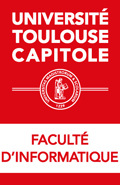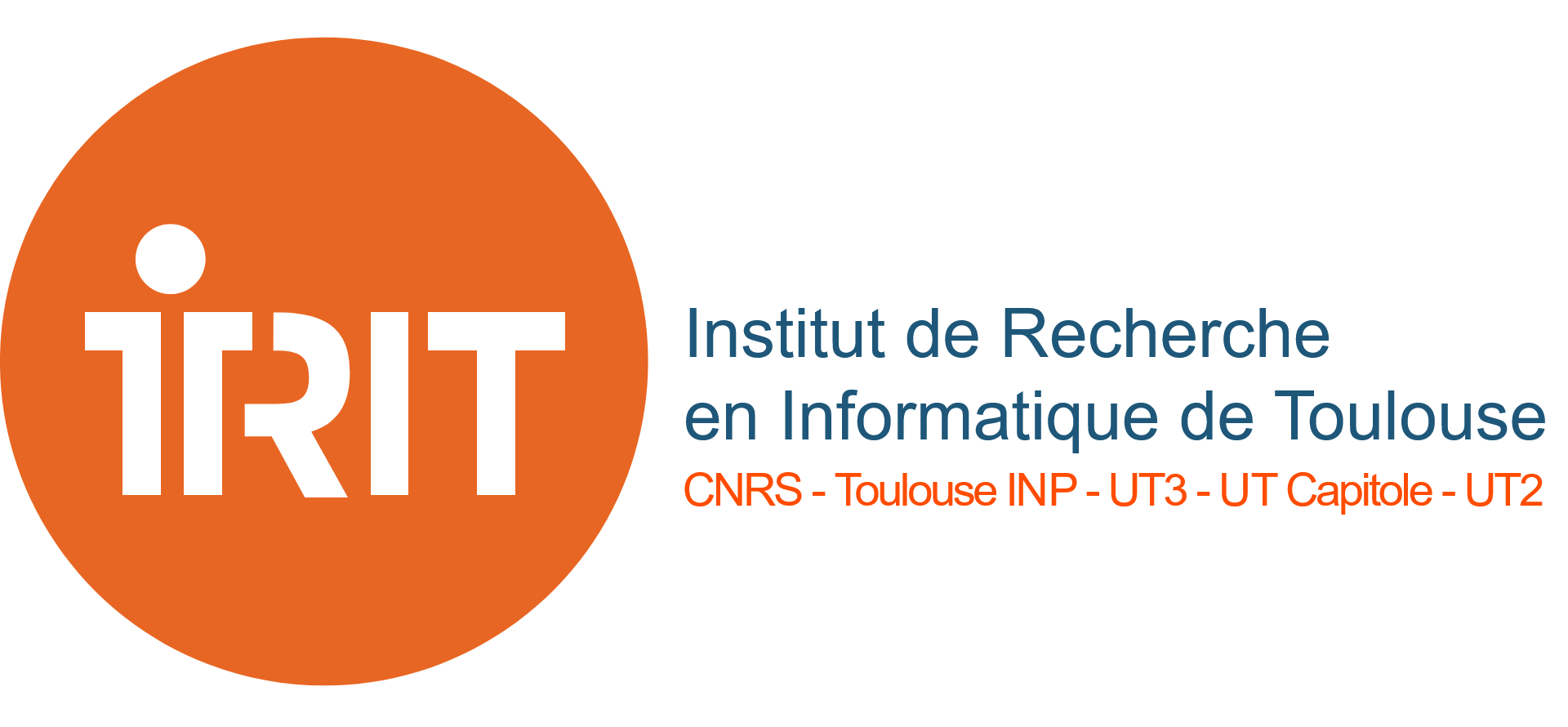- Research,
Umberto Grandi, Professor of Computer Science and member of IRIT, winner of an ERC Synergy grant

on the November 5, 2024
The European Research Council (ERC) has just announced funding for a scientific project led by Umberto Grandi, a lecturer and researcher at Toulouse Capitole University. The ADDI (Advancing Digital Democratic Innovation) project has been awarded an ERC Synergy grant worth over €9.8 million.
The ADDI project is a close collaboration between Umberto Grandi, professor at UT Capitole, César Hidalgo, professor at Toulouse School of Economics and two European researchers from the University of Amsterdam (Netherlands) and the University of Turku (Finland).This European scientific project is the result of a shared desire on the part of EPE members to internationalise their research into topics with a high societal impact. This vision has now been recognised by the European Research Council.
Funded over a period of six years, the aim of this research is to analyse and optimise democratic practices linked to digital technologies. Ultimately, this will result in a series of free, open-source tools whose contribution to digital democracy will have been scientifically validated.
Funded over a period of six years, the aim of this research is to analyse and optimise democratic practices linked to digital technologies. Ultimately, this will result in a series of free, open-source tools whose contribution to digital democracy will have been scientifically validated.
ADDI, a project aimed at improving democratic practices
The ADDI project will be the first to study digitally augmented forms of civic participation, for the formation and aggregation of expressed preferences. While digital technology has for some time been widely considered to be in direct conflict with the needs of a healthy democracy, this scientific project will highlight the true potential of these tools in the democratic space.
Computing is an area of freedom, and with this in mind we're going to invent new forms of democratic interaction and test them out in the field thanks to this multidisciplinary team!
Umberto Grandi
This research will be led by four international researchers, renowned for their expertise in participatory platform design, deliberative democracy and computational social choice. By the end of the project, this European team will have identified the potential of digital technologies in supporting and improving democratic practices, while providing a robust suite of scientifically validated open source tools designed to distribute these capabilities on a global scale.
Working on democracy is an enormous challenge. Unlike physics or chemistry, where most people don't have strong opinions, democracy is an area where everyone has an opinion. That's what makes this project all the more fascinating.
César Hidalgo
Umberto Grandi, a teacher-researcher at the Faculty of Computer Science and a member of IRIT
Umberto Grandi obtained his PhD in computer science in 2012 from the University of Amsterdam (Netherlands), followed by a two-year postdoctoral contract at the University of Padua (Italy). He began his career as a lecturer at Toulouse Capitole University in 2014, where he obtained his habilitation to direct research (HDR) in 2021, before being promoted to university professor in 2023. He is a member of the Toulouse Institute for Research in Computer Science (IRIT - CNRS, Toulouse INP, UT3).
Umberto Grandi is the author of more than 50 scientific publications in the field of artificial intelligence. His research focuses mainly on computational social choice, an area at the interface between artificial intelligence and economic theory that deals with collective decisions, with particular emphasis on the aggregation of judgements, voting models in game theory and social choice on social networks. His research work has recently opened up to the creation of bridges with the social sciences, around the challenges of developing algorithms based on principles dedicated to digital democracy.
Partners :
Updated on November 8, 2024





